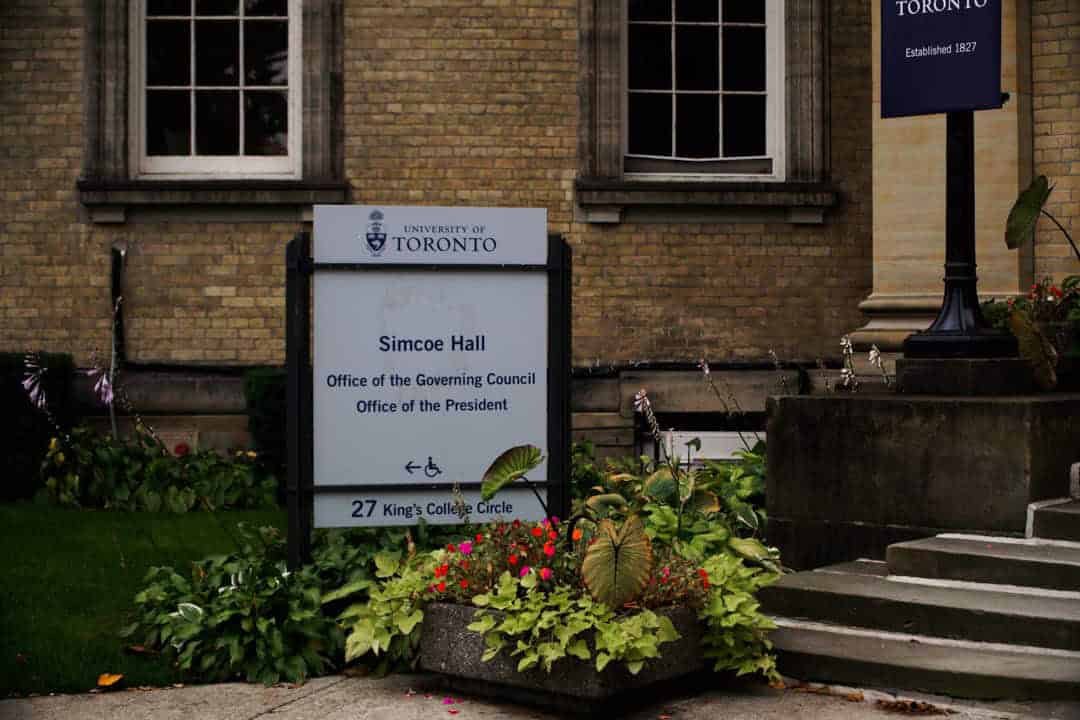In a meeting on April 4, the University of Toronto Governing Council unanimously passed tuition fee increases in self-funded and publicly-funded programs. It also passed a new budget that reflects the provincial government’s seven per cent increase in operating grant funding and another seven per cent increase in compensation for U of T librarians and faculty, following the repeal of Ontario’s Bill 124. The meeting also covered U of T’s future strategic direction toward attracting international students and its hopes to save on operation costs.
The good, the bad, and the ugly of the provincial budget
In his report, U of T President Meric Gertler outlined how U of T is adapting to Ontario’s provincial budget for 2024. He pointed out that the provincial government failed to enact the recommendations of the Blue Ribbon Panel — a body that made recommendations for the financial stability of Ontario’s postsecondary institutions. Instead, Ontario is extending its freeze on tuition for domestic in-province students for a fifth year.
However, the university anticipates $15 million from the province’s seven per cent increase to operating grant budgets, to offset the financial impact of the extended tuition freeze. Gertler also confirmed that, despite the federal government’s cuts on study permits, the province will continue to allocate permits at the 2023 levels to universities like U of T, whose international student population is fewer than 55 per cent of the total student body.
Gertler told the Governing Council that these investments were “only a first step” and stated that the university will continue to advocate for government funding.
The budget beast
All these changes were reflected as cost-saving measures in the university’s proposed 2024–2025 fee schedules and budget. Vice-President & Provost Trevor Young discussed how the budget proposed raising non-Ontario resident tuition by five per cent and instituting increases of 7.5 per cent for incoming Master of Arts, Master of Science, and MSc in Applied Computing students. The university will also designate six per cent of international student tuition to merit-based scholarships, hoping to attract international students despite nationwide study permit cuts.
According to Young, U of T is “in strong financial shape.” The 2024–2025 budget has grown by 4.9 per cent from 2023–2024, reaching a projected operating budget of $3.52 billion. Young explained that this was largely due to “improved returns” on U of T’s short-term investments.
The biggest chunk of next year’s budget will be consumed by faculty compensation increases, amounting to $2.25 billion. This reflects the seven per cent increase in wages awarded to U of T staff since the province repealed Bill 124 — which limited wage increases to one per cent of total compensation starting in 2019 — in February.
U of T will continue to focus on providing financial aid, with 43 per cent of aid coming from endowments, graduate funding packages, and a new student advising system. Faculty hiring will progress, though at a decreased rate due to the increasing costs of compensation. There is also continued funding for the Scarborough Academy of Medicine and Integrated Health, a new facility for UTSC’s health sciences and medical students.
“After more than a decade of significant revenue growth, we are now seeing decreased revenue growth [and] inflationary pressures on compensation,” said Young. “In this environment, there will need to be renewed focus on ensuring that we maximize effectiveness of our services and programs to make the most of the resources we have.”



No comments to display.